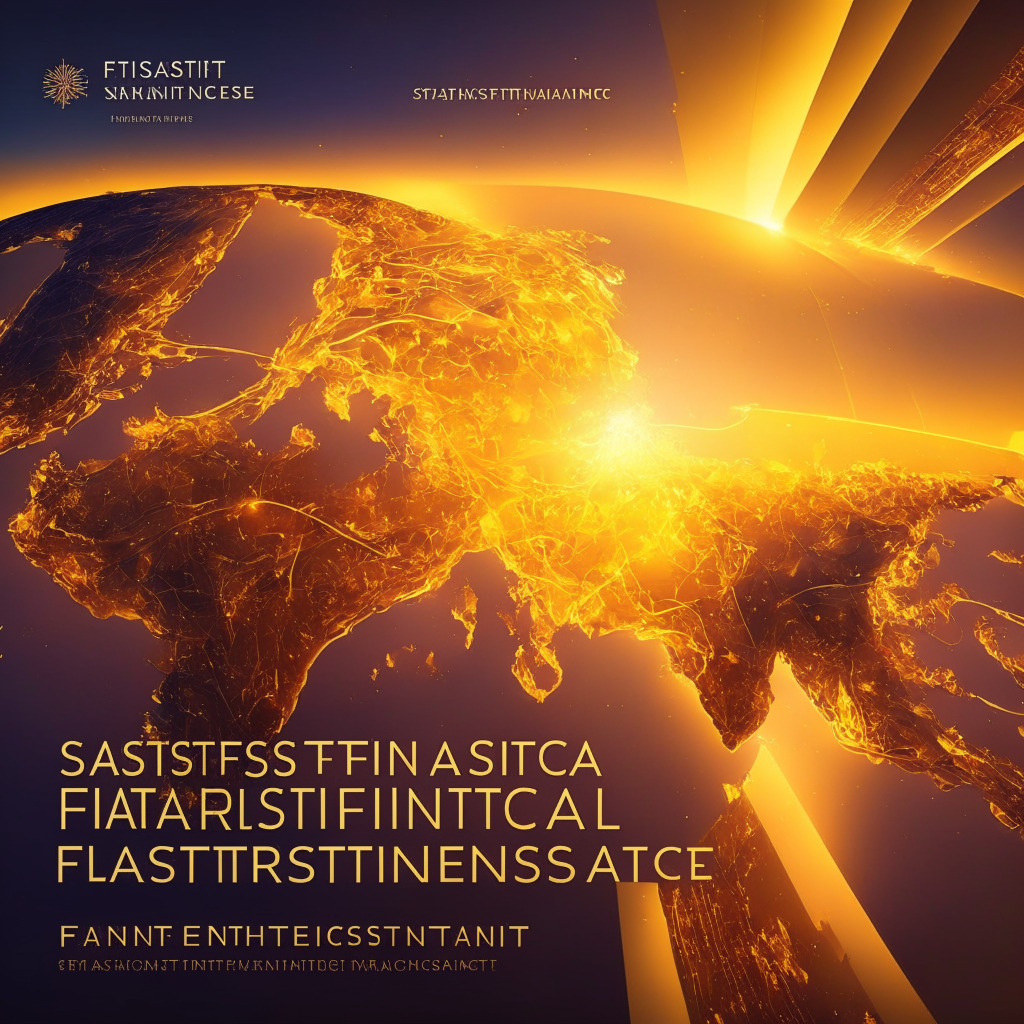In the world of cryptocurrency, one term that has been repeatedly showing up in recent proposed spot bitcoin ETF filings is surveillance-sharing agreement. Asset management giant BlackRock and other recent filers, such as Valkyrie, Bitwise, WisdomTree, and Invesco have mentions of surveillance-sharing agreements plastered all over their proposals.
Why are these agreements so crucial? When evaluating proposed bitcoin ETFs, the SEC weighs if the intended listing exchange – like Nasdaq, NYSE, or another entity – can meet specific obligations under the Exchange Act to prevent fraud and manipulation. Exchanges can do this by demonstrating a comprehensive surveillance-sharing agreement with a regulated market of significant size related to the underlying or reference bitcoin assets.
However, an adequate system of surveillance comparable to trading on a registered exchange has not yet been established with prospective spot bitcoin ETF issuers. BlackRock, for example, filed for a spot bitcoin ETF for the first time, with Nasdaq as the listing exchange. Nasdaq expects to enter into a surveillance-sharing agreement with an operator of a US-based spot trading platform for bitcoin. However, even with BlackRock’s involvement, there is still a question if this additional agreement will be enough for approval.
This issue extends to investment firm Valkyrie, which re-joined the spot bitcoin ETF race after its previous attempt in December 2021 was not approved by the SEC. The firm also named Nasdaq as its listing exchange, which Bloomberg Intelligence analyst James Seyffart said in a tweet could give it an edge over others.
The proposed spot bitcoin ETF by Bitwise would be listed on NYSE Arca, while planned products by WisdomTree and Invesco would trade on the Cboe BZX Exchange. A prospective spot bitcoin ETF by Ark Invest and 21Shares, re-filed in April, would also trade on Cboe.
In conclusion, surveillance-sharing agreements are critical in the evaluation and potential approval of proposed bitcoin ETFs. With the involvement of major players such as BlackRock and other firms, there is hope that the necessary surveillance-sharing agreements can be established, paving the way for a more secure and regulated cryptocurrency market. However, the ultimate decision lies with the regulatory body, which remains cautious to approve ETF proposals until adequate surveillance systems are in place to prevent fraud and manipulation within the market.
Source: Blockworks




